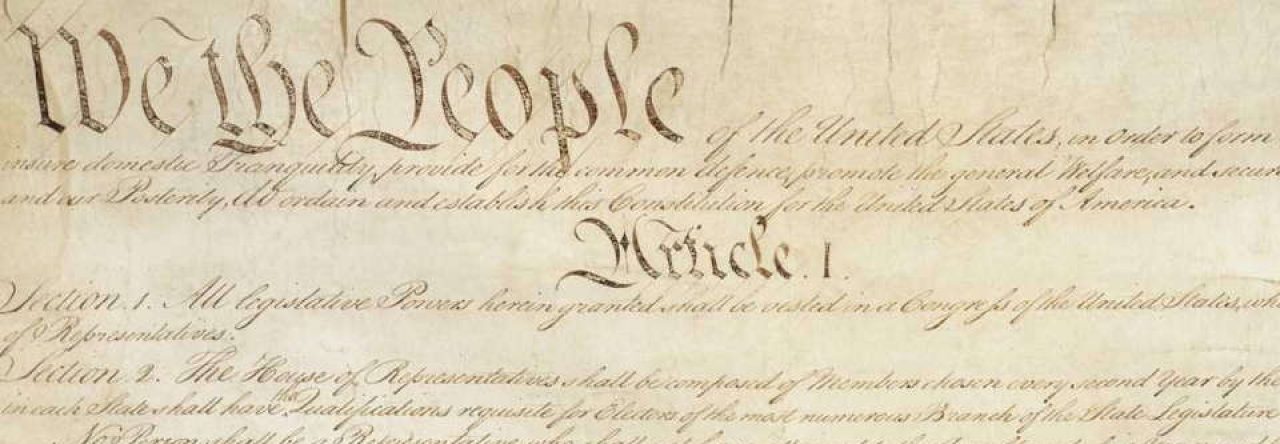The insanity plea is essential to the moral integrity of the law (Bonnie 2013).
It is important to make the distinction that not all mental illnesses legally qualify an individual for the insanity plea. Because mental illnesses vary in severity and symptoms, the mere presence of a mental illness does not necessarily preclude responsibility. Not all mentally ill individuals are the same and should not be treated as such. To establish a definitive link between mental illness and illicit behavior, psychological tests are necessary.
Under a criminal justice system based on free will, “the conduct of individuals who lack some degree of mental capacity should not be judged in the same way as the acts of sane, free-willed persons” (Gracheck 2006). Psychological evaluations are employed in order to evaluate and determine the severity of mental illnesses for offenders. Severe mental illnesses have to potential to prevent mentally ill individuals from possessing the mental capacity to exercise their free will in the same way as mentally sane individuals. Severe mental illness may alter an individual’s perception of reality and compromises their ability to engage in rational thought. To hold individuals with clinically documented mental illnesses to the same standards as those without assumes a level of capacity and will that individuals with mental illness may not possess. Doing so dismisses their disability and minimizes their condition. It is necessary to employ standards that evaluate the conditions of the mentally ill on an individual basis.
Consequentialism: the theory that the outcome, results, or consequences of an action determine whether it is ethical or unethical.
Based on the principle of consequentialism, a criminal justice system that results in unfair treatment for individuals with mental illness is morally wrong. A system that results in consequences that disadvantage individuals is unethical. Therefore, the insanity plea “is essential to the moral integrity of the criminal law” (Bonnie 2013). The insanity plea reconciles our understanding of mental illness with criminal responsibility. By making accommodations for the inherent differences between mentally ill individuals and sane individuals, the insanity plea attempts to ensure that all individuals receive equal treatment the law.
